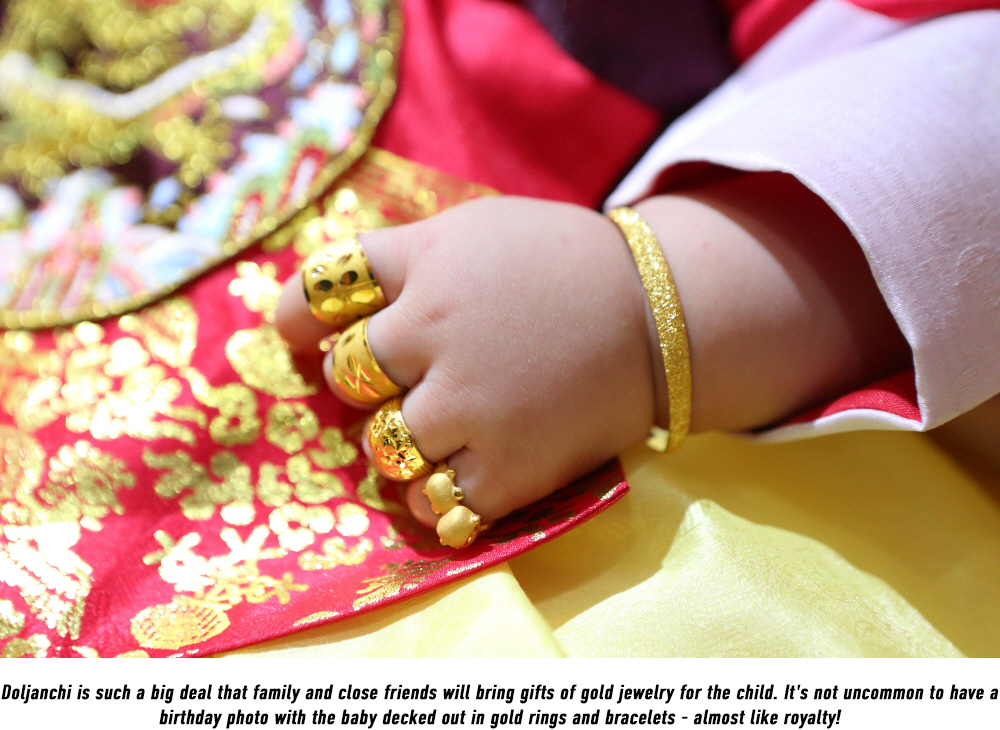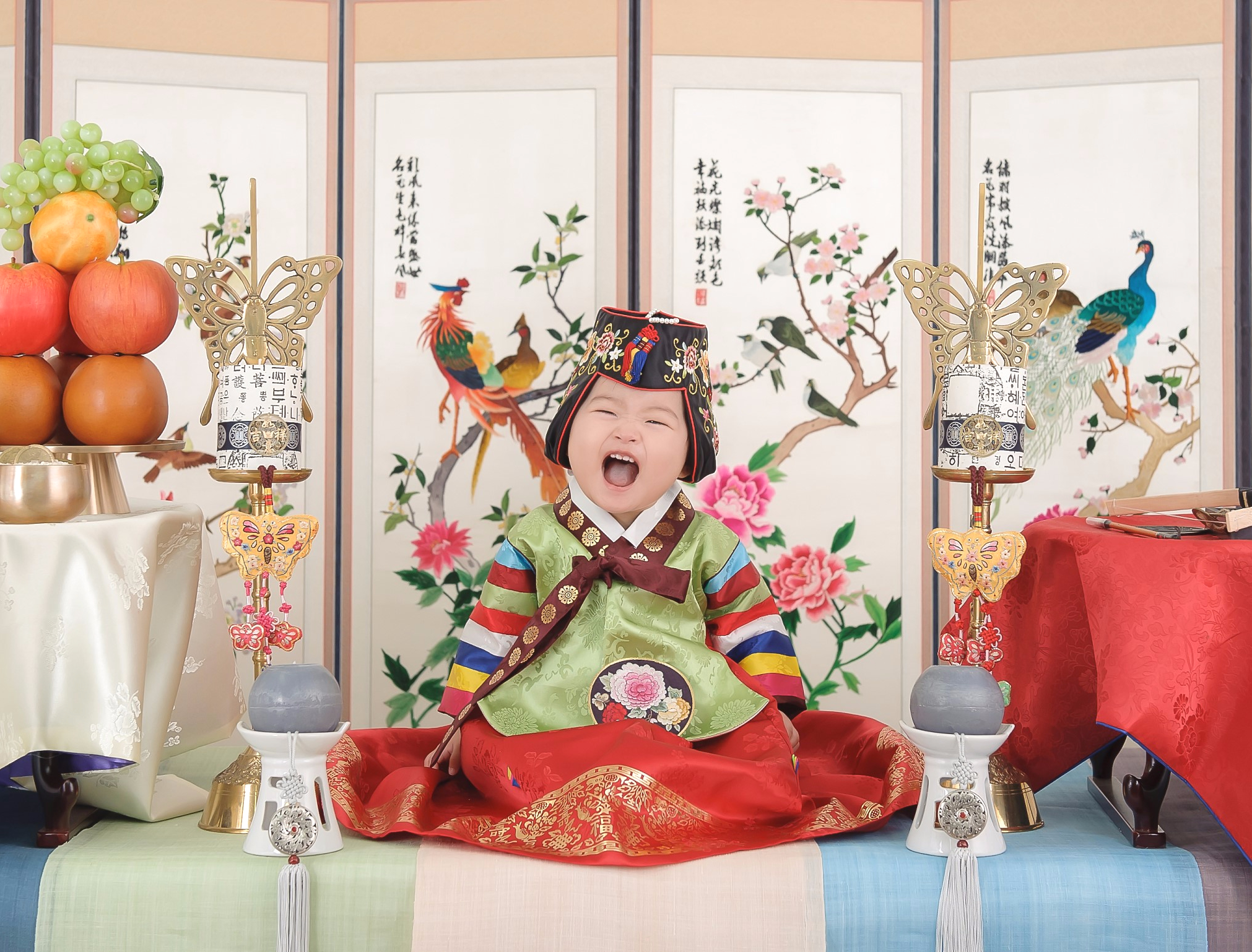Lunar New Year marks an important time of year for Korean people. This is because during the New Year, everyone is actually considered a year older! Koreans also celebrate other birthdays that are not traditionally celebrated in western culture. With Lunar New Year coming up, we’ll be sharing some birthday customs that are commonly practiced in Korean culture.
One of the most important customs that Koreans practice is how age is counted. In Korean culture, a baby is one year at birth and ages one year during every New Year. For example, a baby born the day before New Year will be one year old; but after the New Year, the baby will be considered two years old regardless of the physical age!

During a baby’s first year, the baby will actually celebrate twice. The first time a baby’s birth will be celebrated is after one hundred days, known as Baek-il (백일). Baek-il is celebrated as a small party with a special variety of food that each have its own significance. Miyeok-guk (미역국), sea mustard soup - or as we more commonly know as seaweed soup - is served for breakfast on birthdays as a celebration of one’s mother. Baekseolgi (백설기), or steamed white rice cakes, represent innocence. Songpyeon (송편), another type of rice cake that is served, represents harmony. These rice cakes are often shared with neighbors because it is thought that if you share one hundred rice cakes, your baby will be blessed with a long life.

The second time a baby's birth is celebrated is on the first anniversary of his/her birth - or what Western culture would recognize as the actual first birthday. This event is referred to as doljanchi (돌잔치).

During doljanchi, there is a fortune-telling ceremony called doljalbi (돌잡이) that is performed to bless the child with a prosperous future. In this ceremony, the child is placed in front of a table of foods and objects. Whichever object the child chooses from the table will foretell the child’s fortune.

Another birthday that is significant in Korean culture is the 60th birthday, or Hwangap (환갑). This birthday was considered important because it marked the auspicious return to the year of birth after five times around the twelve-year lunar cycle.

Do you have any birthday traditions that your family practices? Let us know in the comments down below!



1 comment
As I grow older, I’m learning to appreciate my Korean culture more – you guys are great with these reminders! Always a refreshing read.
Leave a comment